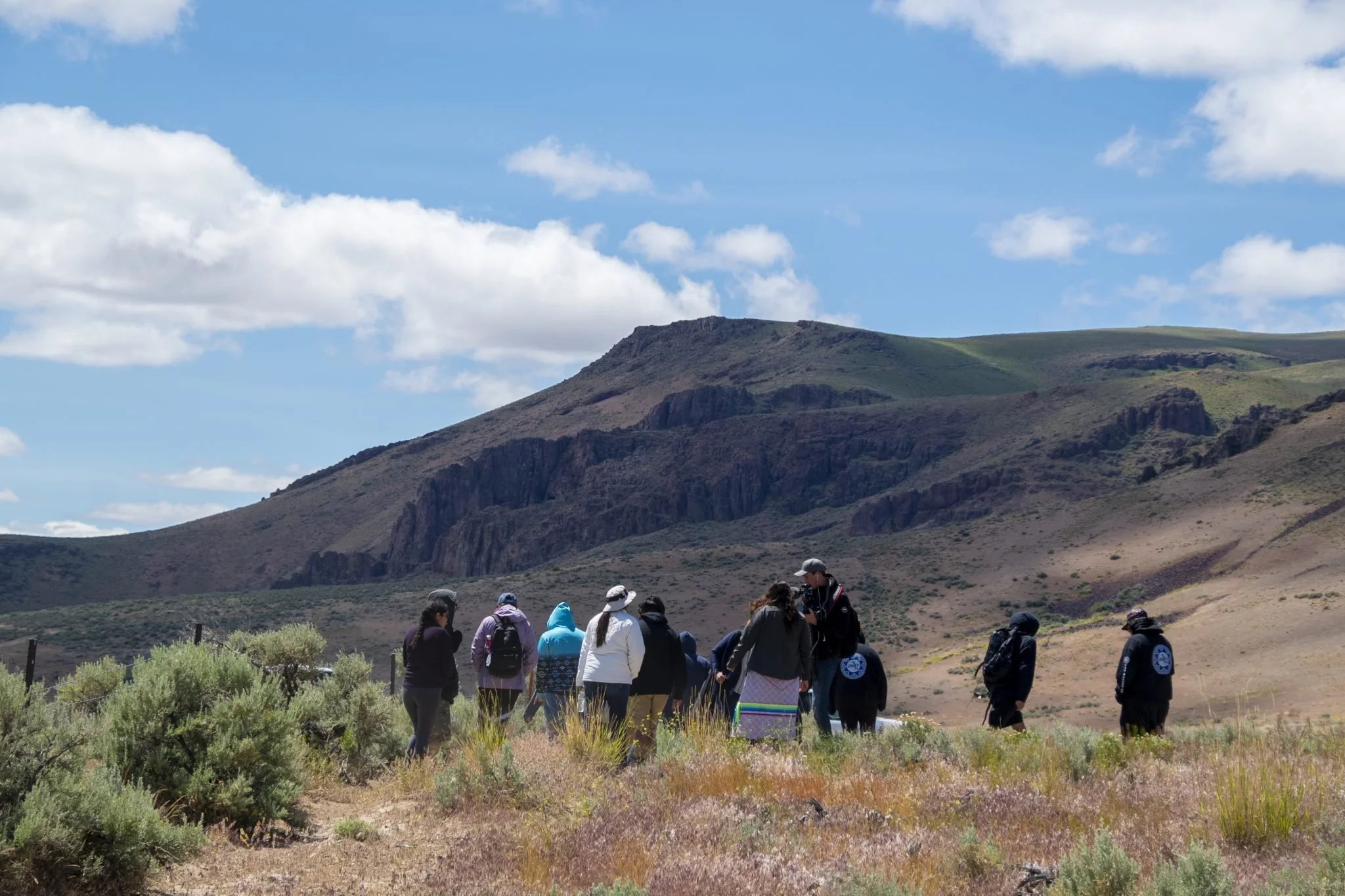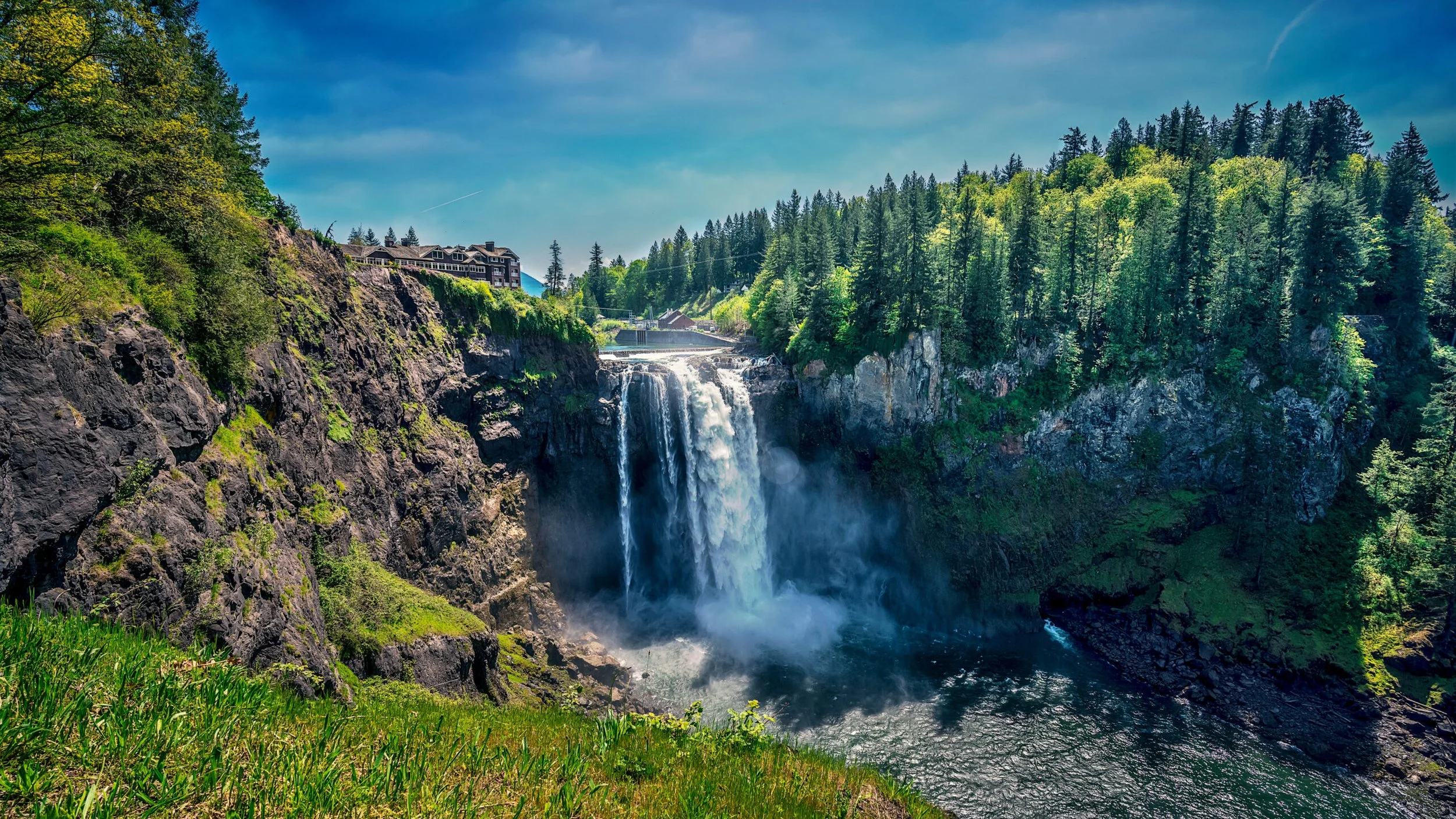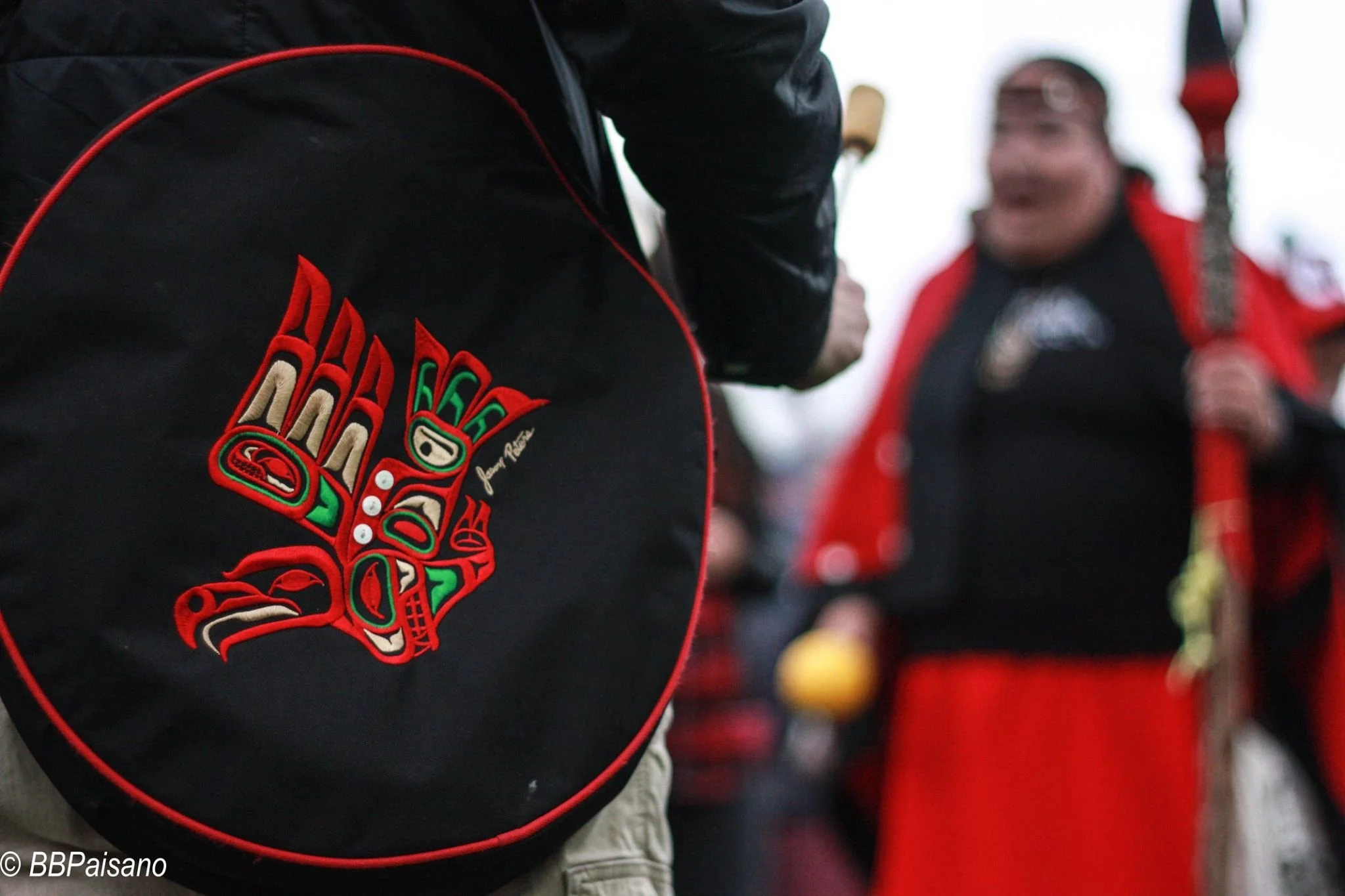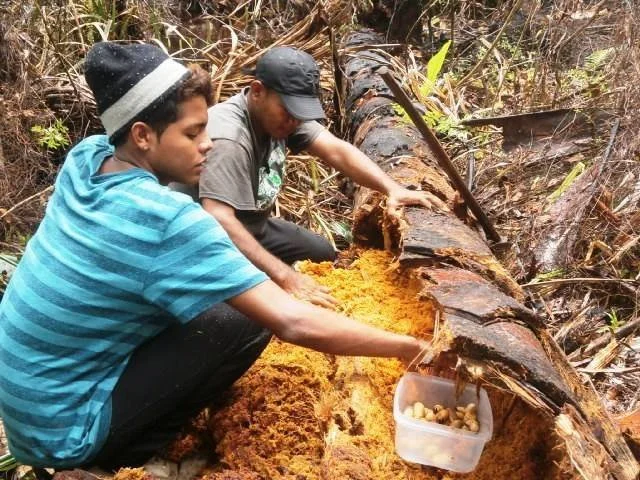The Thacker Pass Lithium Mine in northern Nevada is headed back to Federal Court on January 5th as the lawsuits against the project near completion, but project opponents are raising the alarm that Lithium Nevada Corporation has already begun work on the proposed mine.
Read MoreOn Friday, December 2, 2022, a hearing was held wherein the Winnemucca Tribal Court summarily evicted the Elders and Residents without a trial, banished several people, and found for the Tribal Council without giving the Elders and Residents the benefit of a trial.
Read MoreToday marks year ten of a campaign to purge over 300 Nooksack members and take their homes. Evictions proceed despite the United Nations and United States each calling for a halt.
Read MoreTulalip tribal citizen and beloved family member Mary Johnson-Davis is still missing two years after vanishing from the Tulalip Indian Reservation in late 2020.
Read MoreOn Saturday 26th of November 2022, in the 500th anniversary year of the start of the last - and longest - Indigenous Taino rebellion and Guerrilla war against the brutal Spanish colonizers
Read MoreFalse solutions such as REDD+, carbon markets, carbon offsets, climate-smart agriculture, climate geoengineering technologies, and nature-based solutions were focal points at COP27. Additionally, climate finance, adaptation and mitigation as well as loss and damage were at the forefront of negotiations at this year’s session.
Read MoreDespite colonial efforts to exterminate, terminate, relocate, and assimilate Indigenous populations, Native communities continue to resist efforts to both desecrate Unci Maka and strip Native peoples of their languages, spirituality and communities.
Read MoreA press release sent to LRI by an enrolled member of the Seneca Nation of Indians, alleging political corruption concerning the Seneca Party.
Read MoreToday, the Hoopa Valley Tribe renewed a 2020 lawsuit it had filed against the Trump Administration for financial misconduct, environmental depredation, and violation of tribal sovereignty and fishing rights in California’s Trinity River fishery.
Read MoreThe tribe’s 750,000 acre-feet contribution towards the conservation effort is considerable. To put it into perspective, three entities are located in Southern California, each pledged to conserve 400,000 acre-feet of water every year.
Read MoreA recently obtained letter reveals further fallout from the Snoqualmie Tribe’s exposing the Seattle-based land conservancy Forterra of misleading the tribe and the federal government in obtaining a grant worth up to $20 million.
Read MoreAXIS Capital recently became the first insurer in North America to adopt a policy stipulating that it will not underwrite projects without ensuring clients have obtained the right to Free, Prior and Informed Consent (FPIC) of impacted Indigenous communities. This sets a best practice globally for insurers’ policies on Indigenous rights.
Read MoreOn an Indingeous People's Day, the largely white staff of a major Seattle NGOs has taken a public stand against the NGO and in defense of a wronged Tribal Nation. Totally unprecedented, giant career risk. They released the following statement in support of the Snoqualmie Tribe.
Read MoreIndigenous movements carry the generational dreams and fire of their predecessors and ancestors needed to ignite, and spark transformation across the world. Indigenous narratives and storytellers are perhaps among our best hopes in breaking through settler-colonial narratives aimed at widespread capitalist environmental degradation that threaten all life.
Read MoreThe United States has agreed to pay $35,000 to settle judicial and police misconduct claims brought by two Native Americans against a Nooksack judge and several members of the Nooksack police force.
Read MoreIf you haven’t heard already, this year has been just about the best year for cool new Native books in recent recorded history. They’ve been breaking the internet, inspiring class rooms, healing the hard-bitten, making elders smile, and profoundly changing the game.
Read MoreIn 2019, 25% of Native Americans over the age of 25 had an associate degree or higher. When compared to 42% of all those over the age of 25, the gap is evident.
Read More

















